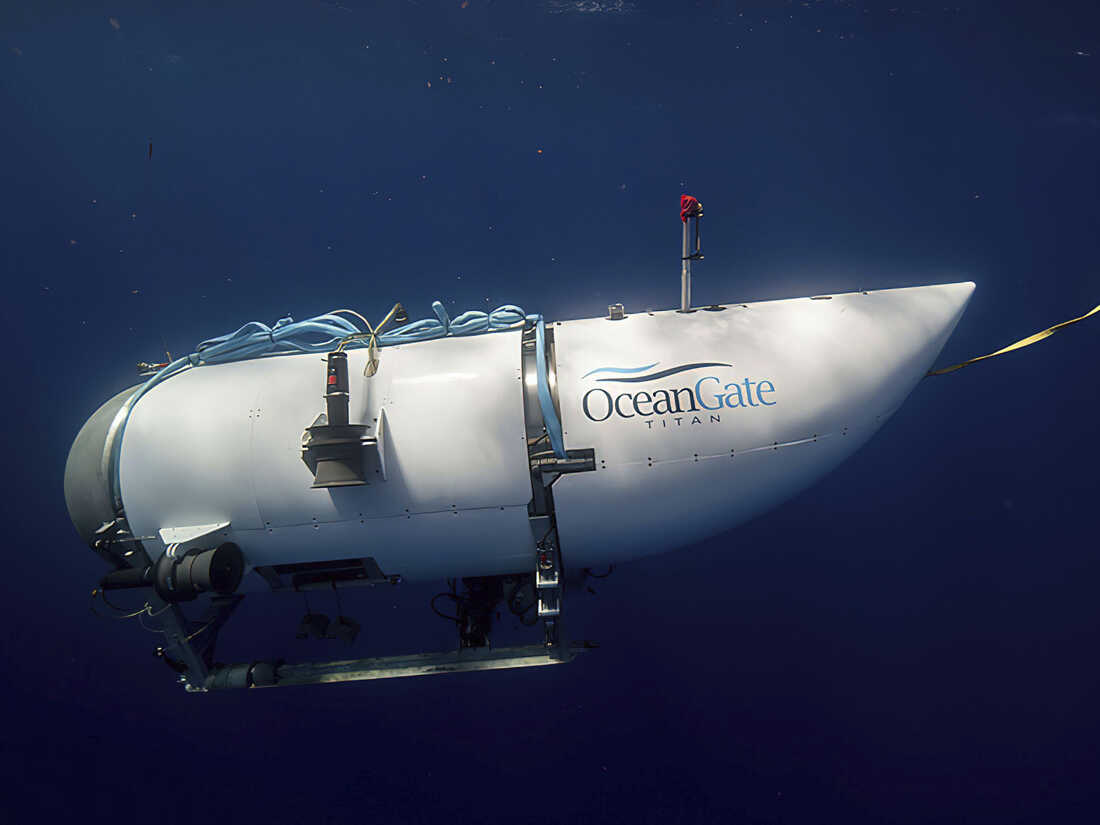The boundless reach of the internet has transformed our lives, connecting us like never before. However, as recent events have shown, there are moments when the online world takes its freedom too far. The disappearance of a submersible, leading to tragic loss of life, became the latest target of callous mockery and insensitivity across various social media platforms. This article explores the distressing phenomenon of internet cruelty, emphasizing the need for a compassionate and considerate digital society that rejects such behavior, regardless of wealth or social status.
Unleashing Cruelty in the Face of Tragedy:
Initially, news of the missing submersible and the peril faced by its five occupants elicited shock and genuine concern. Yet, as more information emerged, including the wealth of those involved and safety concerns surrounding the vessel, empathy gave way to a wave of crass humor. Memes mocking the victims spread like wildfire across Twitter, TikTok, and Instagram, leaving a bitter taste of disregard for human life.
The Dark Side of Coping Mechanisms:
Humor, often in the form of memes, has been employed as a coping mechanism during times of tragedy. However, in the case of the missing submersible, the timing and tastelessness of the jokes drew widespread criticism. The ongoing rescue operation and the somber reality of the situation made the levity surrounding the incident seem ill-timed and insensitive.
A Catastrophic End:
Tragically, the U.S. Coast Guard confirmed that debris from the submersible had been discovered, indicating a catastrophic implosion and the presumed loss of all on board. In the wake of this devastating news, the callous nature of the earlier memes became even more apparent.
The Pitfalls of Schadenfreude:
The psychology of schadenfreude, deriving pleasure from the pain of others, may help explain the internet’s reaction to the missing submersible. The fact that the voyage was undertaken by wealthy individuals in what some perceived as a reckless pursuit of adventure likely intensified this negative response. For those who could neither afford such experiences nor understand the motivation behind them, the unfortunate outcome evoked a sense of satisfaction.
A Question of Responsibility and Compassion:
While the high price tag associated with the submersible experience limited participation to the wealthy, it does not justify the mockery that followed. Some elements of the vessel were criticized as being subpar, suggesting corners were cut during its construction. Memes ridiculing the vessel’s interior and mocking the passengers’ decision to embark on the journey surfaced, with the phrase “eat the rich” gaining traction. However, it is essential to remember that real lives were at stake, and the loss of life should never be a subject for amusement or disdain.
A Lesson from History Repeating Itself:
The tragedy of the submersible’s disappearance invoked parallels with the sinking of the Titanic, capturing public attention. The ease of drawing comparisons and conveying this narrative through memes and commentary contributed to the rapid spread of insensitive content.
The Internet’s Dark Underbelly:
As the search for the submersible continued, the proliferation of memes persisted, even making reference to reports of orcas attacking boats. These memes and videos served as commentary, attracting millions of viewers who engaged with the #titansubmarine hashtag on TikTok. The anonymity and distance offered by the online world, combined with the inability to witness suffering firsthand, allowed some individuals to find amusement in the irony of the situation.
The Growing Divide and Lack of Empathy:
The presence of income inequality in our society undoubtedly influenced the discourse surrounding the submersible incident. Moreover, the unfiltered nature of certain online platforms, like Twitter, facilitated the spread of dark humor, fostering an environment where the most fortunate individuals could revel in the misfortune of others.
The internet, with its vast potential for connection and enlightenment, also harbors the darker side of human nature. The recent submersible tragedy serves as a stark reminder that our online behavior should be guided by empathy, respect, and sensitivity. Regardless of one’s wealth or social status, making light of the loss of life is an unacceptable norm that we must collectively reject. It is high time for a compassionate digital society that upholds the values of human dignity and understanding. Where do we go from here?

